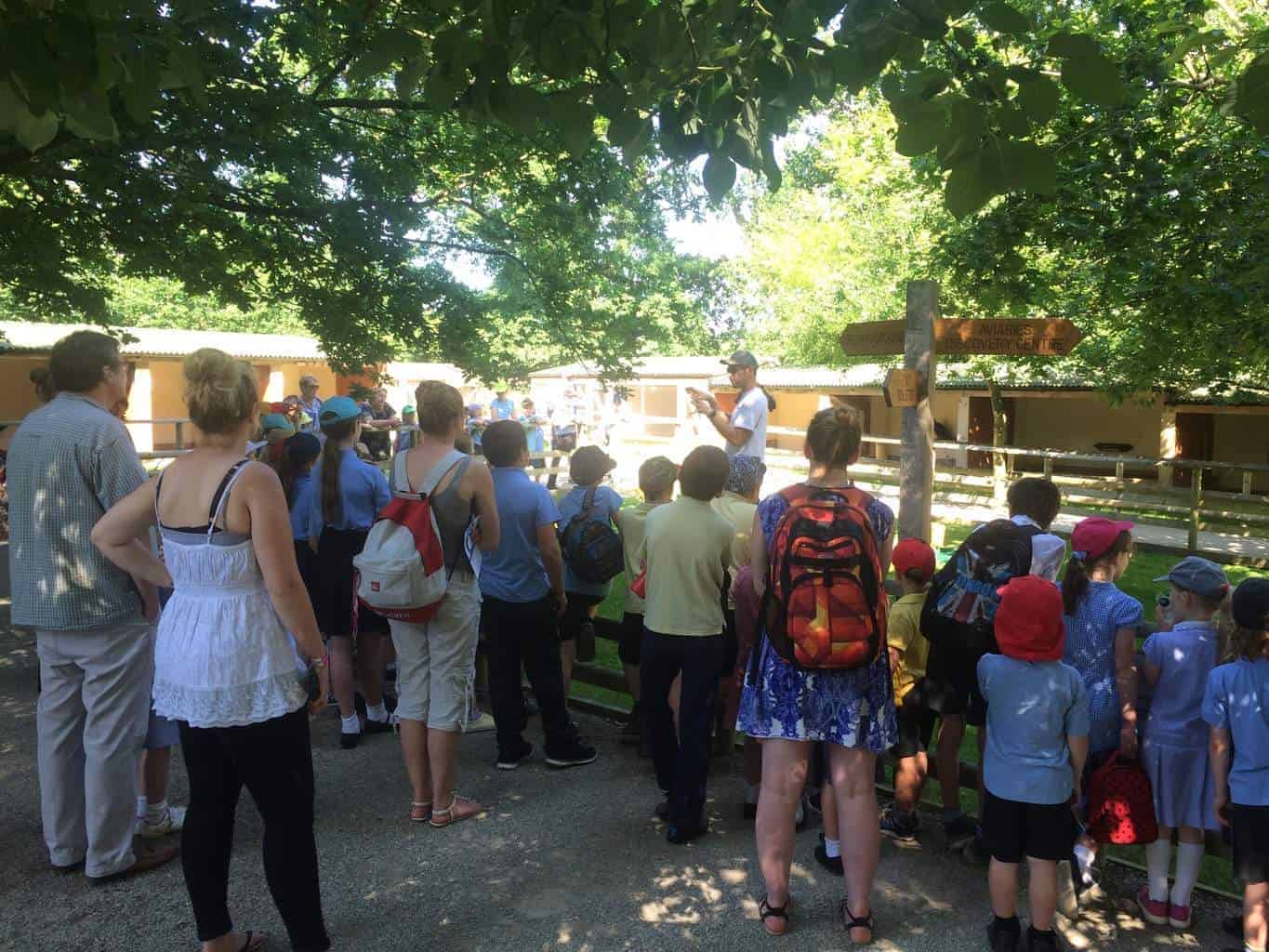
"So if a scarlet macaw that was stolen from a forest in the northeast is returned to a forest in the northwest, it could mate and jeopardize the long-term health and viability of that local population." "Even within the same species, distinct groups with unique genetic differences can evolve as they adapt to particular environments," she says. in genetics, she has developed species-specific molecular markers that can help identify the origins of birds that have been seized by police, uncover animals that criminals say were legally bred, and make sure rehabilitated birds are returned to the right spot. Much of Machado Ferreira's work is aimed at developing scientific techniques for law enforcement to more effectively battle traffickers. Indeed, Brazil's wildlife trade is altering local ecosystems, causing problems like inbreeding, stymied seed dispersal, and inadequate pollination on farms. "Extinctions of entire local populations can happen, and that affects many other prey and predator species up and down the food chain." "Brazil's wildlife is plundered in such huge numbers every day, severe imbalances are occurring within ecosystems," she continues.

"But my real focus is on survival of whole species. "I care about the individual birds I rescue," she says. Still, Machado Ferreira's work aims higher than the lives of individual animals.

Birds are fed the wrong food, placed in too-small cages, and get too little or too much sun. Smuggled birds are mistreated and injured during transport, the group tells the public, and most of them are eventually poorly cared for as pets. While she works with law enforcement on the front lines of what she hopes will become a war against trafficking, her organization raises awareness of the problem, using films, lectures, and educational programs for high schoolers and university students. That's the aim of Freeland Brasil, a group Machado Ferreira founded to combat wildlife trafficking. Often, just giving them facts changes minds and behavior." "That's why educating consumers is crucial. "Most people have no idea that buying a parrot can have a devastating impact on nature, and support a whole system of illegal activities," she says. The São Paulo-based wildlife conservationist says that in Brazil and elsewhere, keeping wild songbirds, parrots, and macaws as pets is a deeply ingrained cultural norm.

Juliana Machado Ferreira is trying to change that with a simple tool: information. Most are birds, destined to become caged pets for owners in Rio de Janeiro or Sydney or Madrid or New York.īrazil's strong demand for exotic pets, its weak laws around the wildlife trade, and its light penalties for violators allow many traffickers to operate with impunity, feeding the country's $2 billion industry. It doesn't get a lot of media attention, but every year, poachers take a whopping 38 million animals from the wilds of Brazil to meet the global demand for illegal wildlife. Editor's note: Juliana Machado Ferreira is one of National Geographic's 2014 Emerging Explorers, a designation that honors tomorrow's visionaries-those making discoveries, making a difference, and inspiring people to care about the planet.


 0 kommentar(er)
0 kommentar(er)
